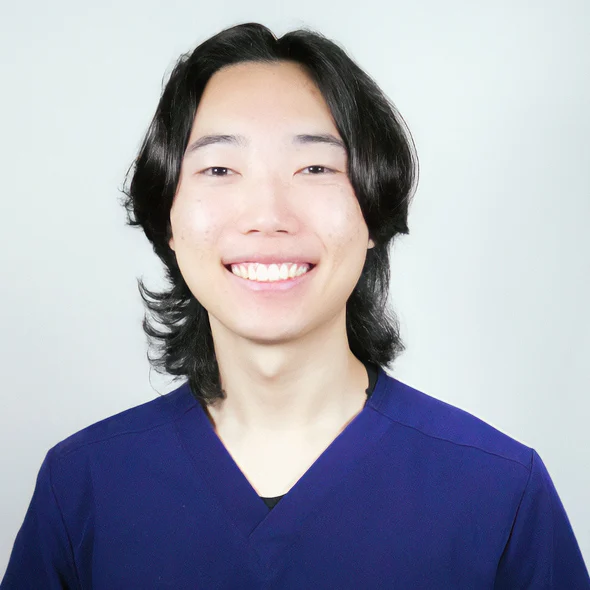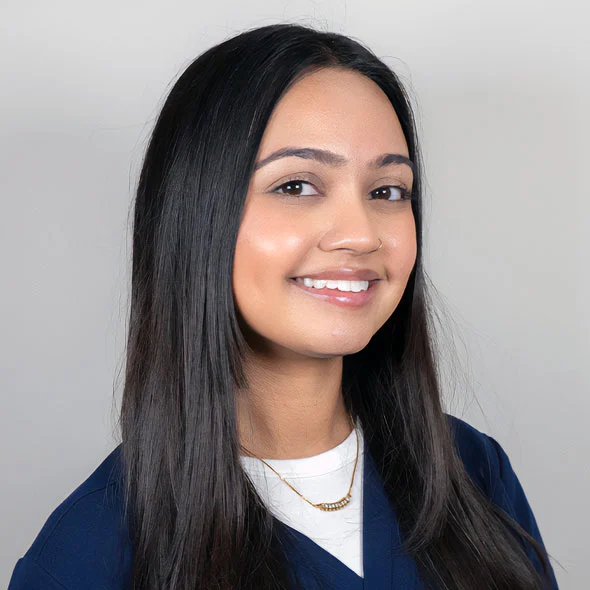AI tools like ChatGPT and Google’s Gemini are changing how we learn, work, and live. But in the age of instant answers, is your brain staying sharp?
A recent TIME article highlights how reliance on AI may weaken cognitive skills, memory, and problem-solving abilities, especially for students. At Norcal Brain Center, we see this daily in patients recovering from concussions and traumatic brain injuries. Skills like focus, memory, and cognitive flexibility require intentional practice, not shortcuts.
Suppose you struggle with memory loss, brain fog, poor concentration, light sensitivity, dizziness, or sleep issues after a concussion. In that case, learning how to strengthen cognitive skills is essential for your recovery and for thriving in the age of AI.
Why AI May Hurt Your Brain’s Learning Pathways
AI can quickly generate summaries, answer complex questions, and provide step-by-step instructions. While helpful, this can:
- Reduce cognitive effort, weakening neural pathways needed for memory, focus, and critical thinking
- Decreased retention, leading to forgetfulness and early memory loss
- Limit opportunities to practice problem-solving, and attention is needed to recover from a concussion and TBI
Cognitive Skills Most Impacted by AI Dependence
- Memory: Skipping active recall weakens neural circuits, contributing to memory lapses and brain fog.
- Attention: Constant AI use can impair focus, exacerbating dizziness, fatigue, and cognitive overload.
- Problem-solving: Relying on AI can limit mental flexibility, which is critical in vestibular disorder recovery and concussion therapy.
Why Brain Exercise Matters After Concussion
Post-concussion, patients often face:
- Insomnia and sleep disturbance
- Dizziness and vertigo
- Light and sound sensitivity
- Memory issues and cognitive fatigue
- Nausea and headaches
Building cognitive skills actively supports neuroplasticity, the brain’s ability to rewire and heal. While AI can be a tool, you must mentally reclaim your cognitive strength.
Tips to Boost Cognitive Skills in the Age of AI
1. Do Brain Teasers
Puzzles and logic games:
- Stimulate problem-solving and memory
- Improve focus and cognitive flexibility
- Support TBI and concussion recovery
2. Practice Active Recall
Take notes, quiz yourself, and summarize your learning without AI to reinforce memory and attention.
3. Manage Stress and Sleep
Chronic stress and insomnia worsen brain fog and memory issues. Practice mindfulness, yoga, and proper sleep hygiene to boost recovery.
4. Eat Brain-Boosting Foods
Include omega-3-rich fish, leafy greens, and antioxidants to support cognitive health and healing post-concussion.
5. Move Your Body
Exercise increases blood flow and oxygen to the brain, helping reduce fatigue, dizziness, and memory loss while improving mood.
6. Use AI Intentionally
Use AI to support your learning, not replace it. Pause and actively process information to engage your brain.
Why This Matters for Concussion Recovery
At Norcal Brain Center, we specialize in functional neurology, vestibular therapy, and concussion rehabilitation to address:
- Memory issues and brain fog
- Sleep problems and insomnia
- Dizziness and vestibular issues
- Light sensitivity and headaches
Pairing cognitive exercises with brain-based rehab helps strengthen neural pathways, speed recovery, and support lasting brain health, even in an AI-driven world.
Ready to Reclaim Your Cognitive Strength?
Book your free consultation to see how we can help you recover cognitive function while navigating the demands of modern life: call (408) 585-5275 or Book Online.







